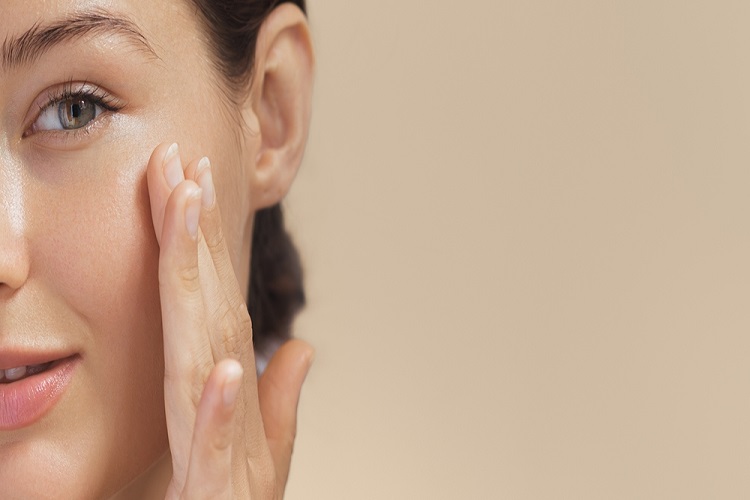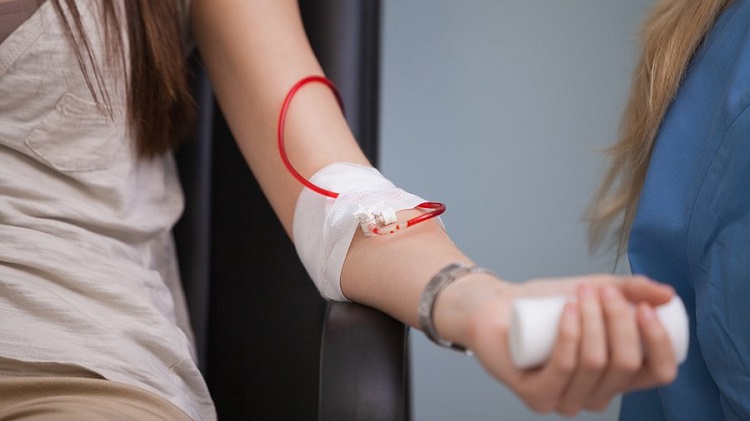The condition known as neuropathy causes the body’s nerves to get damaged, which results in pain, sensory loss, and weakness. Neuropathy cannot currently be treated or reversed by medicine. Identifying and managing any underlying medical conditions, such as diabetes or infections, is the first step in therapy. However, various medicinal techniques can help prevent Arlington neuropathy from worsening. The following are some alternative treatments:
1. Pain can be managed with medications. A variety of drugs contain substances that aid in pain management by modifying pain signaling pathways in the central and peripheral nervous systems. Among these are antiseizure, antidepressants, topical patches and creams, and narcotic medications.
2. Patients with herniated discs in the back or neck, tumours, infections, or disorders that entrap the nerves, such as carpal tunnel syndrome, may undergo surgical treatment for compression-related neuropathy.
3. Mechanical devices like braces, specially constructed shoes, casts, and splints can relieve the discomfort by providing support or maintaining the afflicted nerves in appropriate alignment.
4. Physical therapy helps you improve your strength, balance, and range of motion by combining concentrated exercise, massage, and other procedures. Occupational therapy may also help you cope with the discomfort and loss of function and give you ways to compensate.
5. To lessen neuropathic pain, alternative therapies such as acupuncture, massage, alpha-lipoic acid, herbal remedies, meditation or yoga, behavioral therapy, and psychotherapy may be employed. Ask your physician whether any of these treatments might help you address the root cause of your neuropathy.
6. Adopting good lifestyle choices such as physical training, stopping smoking, keeping a healthy weight, and limiting alcohol use. Furthermore, appropriate nutrition entails eating a better diet and ensuring the necessary balance of vitamins and other nutrients.
Table of Contents
How to prevent neuropathy
Since neuropathy is a chronic ailment that seldom goes better, prevention is crucial. Even while certain forms of neuropathy cannot be prevented, you should get help if you suffer any of their early signs, which commonly include tingling, numbness, and a burning sensation. You can take precautions to stop the problem from growing worse if you spot early indications of alcoholic neuropathy, diabetic neuropathy, or medication-induced neuropathy. Furthermore, if you often use alcohol or have diabetes, you may avoid neuropathy by addressing these conditions before neuropathy develops.
Is neuropathy reversible?
If the key cause of the neuropathy can be addressed and cured (for example, neuropathy caused by a vitamin deficiency), the neuropathy may be reversed as well. Unfortunately, when a patient is identified with neuropathy, there is usually some degree of lasting damage that cannot be repaired.
If you’re suffering from neuropathy, you are probably aware that it is not typically treatable. However, treating the underlying source of the neuropathy can sometimes help avoid progression and even reverse part of the condition. The symptoms are not the same for everyone since some people with neuropathy are most affected by pain, while others are primarily affected by weakness. Symptoms are usually at least partially manageable with a combination of medication and treatment. Moreover, see your doctor as soon as you discover symptoms.
Neuropathy might sometimes be a sign of a more severe condition. Peripheral neuropathy, if left untreated, can result in irreversible nerve damage. Call Interventional Pain and Regenerative Medicine Specialists to schedule your appointment today to learn more about different neuropathy therapies.










Comments